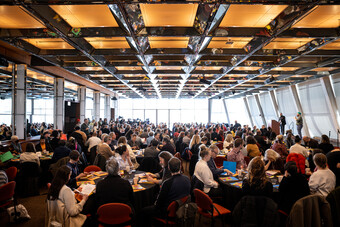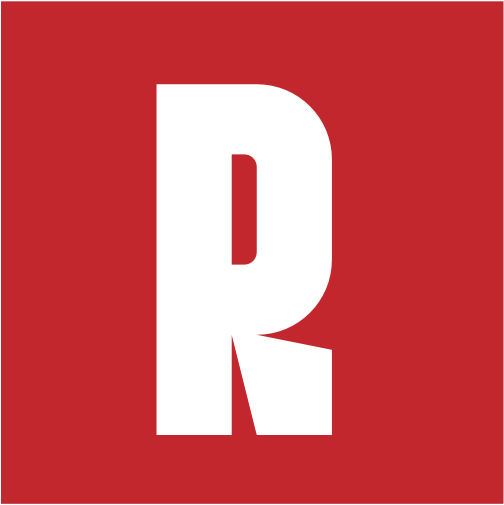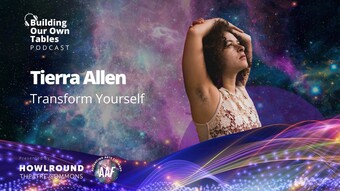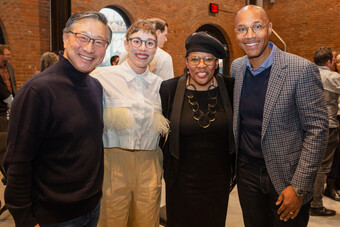
Unfortunately, we are canceling the public programme of the Reshape Intensive Zagreb that includes lectures by Renata Salecl, Vincent Liegey, Juliette Hennequin and Pascal Gielen, as well as announced walks and talks. The programme of the Intensive was primarily aimed to the participants of the Reshape project that are coming from various countries across EuroMed region. Due to the current situation with Coronavirus across Europe, traveling and larger meetings represent an additional threat for the spreading of the virus. Although we wish not to contribute to the panic presented in some media, we are convinced that we should take the responsibility to prevent the further spreading of the infection. We apologise to all of those who planned to attend the Reshape Intensive Zagreb programme and announce that the lectures will be held as a part of other Reshape activities.
RESHAPE presents the Intensive Zagreb meeting livestreaming from Zagreb, Croatia on the global, commons-based peer produced HowlRound TV network at howlround.tv Monday 9 March to Wednesday 11 March 2020.
Reshape Intensive Zagreb is a meeting of art practitioners actively rethinking and reshaping organisational models for the arts sector in the EuroMed region.
The meeting is organised within the RESHAPE project, a research and development project that brings together artists and art workers from Europe and the South Mediterranean to jointly imagine how arts will be created, accessed and experienced in the future. RESHAPE relies on the collective intelligence and creativity of the cultural workers on the ground. A bottom-up process, it gathers artists and activists who already have experience and expertise in imagining alternative practices and transforming them into concrete actions and policy recommendations.
Zagreb Intensive will take place at a crucial moment of the process, when 5 groups are already deep in the producing, selecting and fine-tuning their ideas. Two rounds of workshops already delved deeper into the five major topics the project is researching: the connections and spaces between art and citizenship; how to collectively design fairer governance models; what value the art can bring to the social fabric; how to fund art on the principles of solidarity; how to tackle inequalities when practicing art transnationally. This will be the chance to bring those discussions together and further design overarching alternatives for the improvement of the art sector.
Zagreb Intensive will bring into the discussion perspectives from social, historical, environmental, philosophical and economic fields, as well as examples of some alternative practices from the Croatian context that are already put into practice.
Let us use the Zagreb Intensive to jointly share and reflect what future artistic practices would be better adjusted to the values of the sector and the evolution of society. The future is ours to imagine!








Comments
The article is just the start of the conversation—we want to know what you think about this subject, too! HowlRound is a space for knowledge-sharing, and we welcome spirited, thoughtful, and on-topic dialogue. Find our full comments policy here